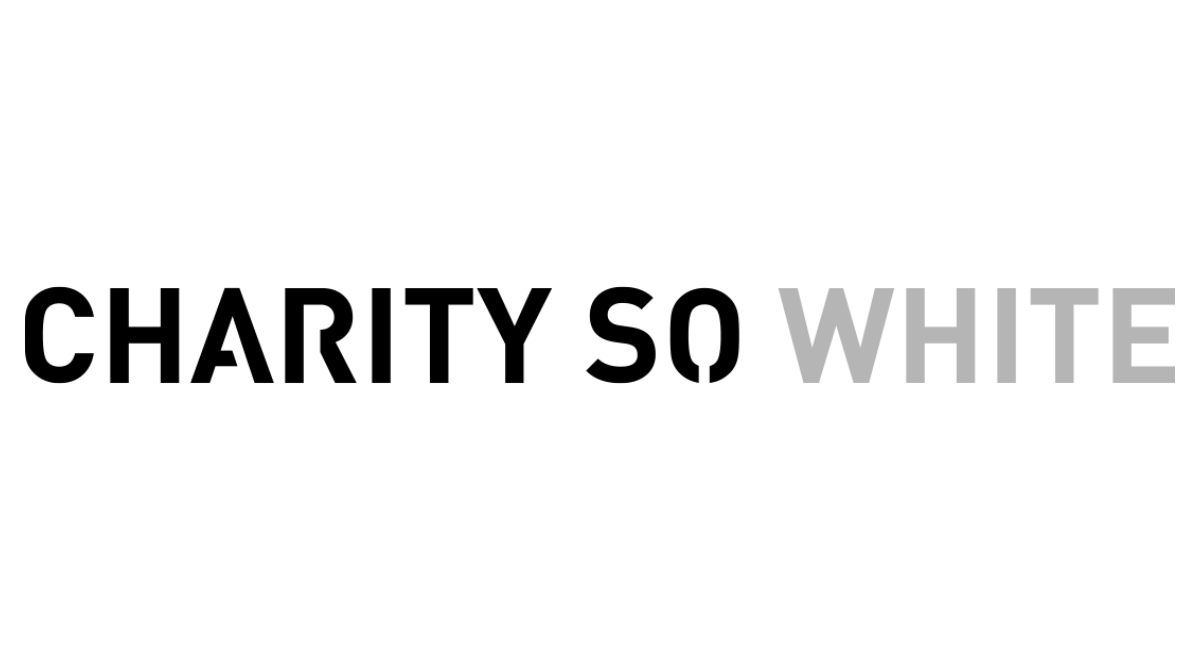Why is it so hard to talk about racism?
The systems and structures that make up our sector reinforce racism, says Martha Awojobi, and it’s time to call this out.
This article first appeared in the April 2020 issue of Fundraising Magazine. It was written by Charity So White Committee member Martha Awojobi.
On my first day fundraising at a head office, I had an interaction with a white colleague that stuck with me.
“Where are you from?” she said.
“Tottenham.” “
Where are you really from?”
“I’m Nigerian,” I said.
“I did my gap year in Ghana – can you believe they all have mobile phones?”
Superficially, this conversation is quite innocent, almost funny. Dig deeper and there is so much racism to unpack here.
First, this is a microaggression. I experience them constantly, from surprise at how well spoken I am, to being called aggressive or confrontational (read: too black), to finding a white person touching my hair at work without my consent.
Second, it is steeped in white saviourism. Why the surprise at Ghanaians owning mobiles, unless your worldview is shaped by colonial narratives of West African savagery versus European ingenuity? Saviourism exists in “voluntourism” and fundraising campaigns where white celebrities rush to the aid of poor black children. It exists when charities working with BAME communities don’t have a single BAME person in their fundraising team – let alone in leadership roles.
Third, I was too afraid to call her out. I was afraid of the backlash. The person of colour who calls out racism is more likely to face negative consequences than the white person who is actually being racist. I was the only person of colour in that office; I didn’t think anyone would stand up for me.
She thought she was connecting with me and showing her altruistic nature. However, I was left feeling isolated, anxious and insulted. What she got wrong speaks volumes about how we understand racism in the sector.
At my first #CharitySoWhite meeting, I felt relief, energy and support. I felt truly understood. The organisers had fight, urgency, passion and belief in their power to transform the sector. I joined immediately.
We are calling on sector leaders to root out racism: have candid and critical conversations; seek public accountability; and prioritise this work.
Since joining #CharitySoWhite, I have witnessed a reluctance to talk openly about race – even using the word racism is taboo. Having candid and critical conversations about racism is uncomfortable. But to take the first step to being truly inclusive, we must enter a space of discomfort. All too often, we see white people’s discomfort when called out for racism take precedence over people of colour’s distress from experiencing it. It is as though those feelings of discomfort are equal. They are not. It is a privilege to be able to avoid discomfort.
Discomfort comes from an incomplete understanding of what racism really is. When we say racism, people assume we are talking about an interpersonal incident and say “I did not see that racist thing happen,” so racism does not exist.
A complete understanding of racism looks at the interpersonal racism alongside ideological, internalised and institutional – the four “I”s of oppression. The conversation above shows how all four operate together – interpersonal (micro-aggression), ideological (white saviourism), internalised (fear of speaking up) and institutional (this was a perfectly acceptable way to speak in the workplace).
When #CharitySoWhite speaks about racism in our sector, we are talking about an institutional form. It is not personal; it’s the systems and structures making up our sector that reinforce racism. So, we need to stop asking “if ” racism exists in our organisations, and start asking “how”.
We have released a list of questions on Twitter to help leaders begin to ask during those challenging conversations. Alongside brave conversations, we ask leaders to seek public accountability by releasing a simple statement acknowledging institutional racism in their organisation and committing to actively tackle racist structures. It’s that simple.
This acknowledgement builds trust with BAME staff and beneficiaries and sets an example of the kind of sector we could be. We are thrilled that Peter Lewis, chief executive of the Institute of Fundraising, was one of the first leaders to make that public statement. More should follow suit.
Leaders must then prioritise this work, embed it into whatever institutional mechanisms are at their disposal and dismantle those that are preventing change. We don’t have all of the answers but that should not stop us from taking action. To do nothing is to remain complicit in structural racism. Together, we tackle some of the most complex social issues of our time. We shouldn’t be afraid of this challenge. We should be leading the way and showing the rest of the country what is possible.

